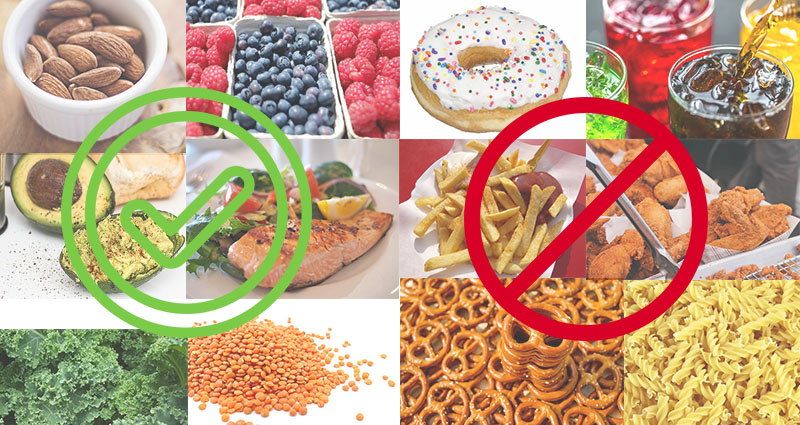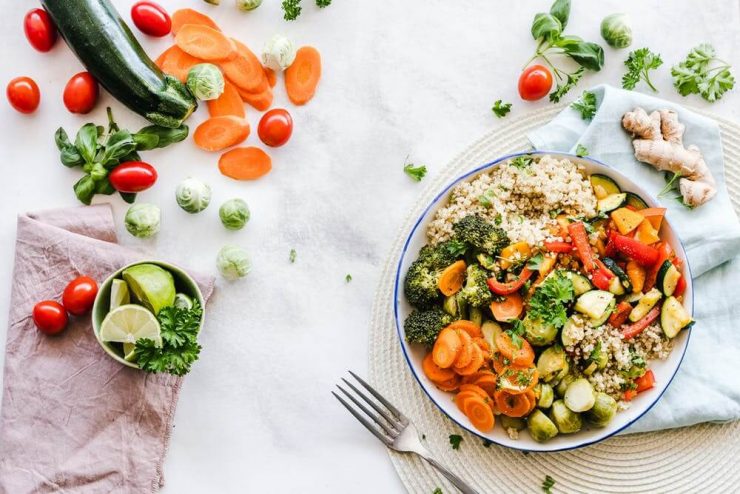Foods to Avoid In Times of Coronavirus Outbreak
Since countries are taking more powerful measures for preventing the spread of Coronavirus, food takeaway and delivery services are being limited. In some nations, fresh products are becoming less available also. Good nutrition is necessitous for health, especially in times of COVID-19 outbreak when the immune system might require fighting back. This blog is all about the foods to avoid in times of Coronavirus outbreak to support good health and wellbeing.
Avoid Excessive Salt Consumption
As fresh foods’ availability is decreasing, people are depending more on processed, frozen, or canned foods. Some of these foods have a lot of salt. As per WHO’s recommendation, you should not consume more than 5g of salt every day. Hence, consume foods with no added or reduced salt. Ensure to avoid pickled foods that also comprise higher levels of sodium. You can experiment with spices and dried or fresh herbs for extra flavor in food.
Avoid Extra Sugar
Intake
According to WHO’s recommendation, usually, less than 5% of complete energy consumption for adults must come from free sugars. Prioritize fresh fruits if you crave something sweet. Dried fruits without sugar, canned fruits in juice instead of syrup, and frozen fruits are also better choices. Make sure to choose dessert options that are low in sugar and have small portions only. Restrict the amount of honey or sugar added to foods and abstain from sweetening your beverages.
Avoid Too Much Fat Consumption
As per WHO’s recommendation, restricting whole fat consumption to less than 30% of entire energy consumption, of which not more than 10% must come from saturated fat. Hence, choose cooking tactics that need no or less fat. If required, utilize small amounts of unsaturated oils for cooking foods. For restricting saturated fats, reduce extra fat from poultry and meat, and select skinless options. Cut off foods like butter, fatty and red meats, palm oil, full-fat dairy items, lard, solid shortening, and coconut oil. Abstain from foods having Trans fat also like baked goods, doughnuts, fried, and processed foods.
Do Not Consume Alcohol
Alcohol is dangerous at any level of consumption and it weakens our immune system also. The use of alcohol undermines the capacity of your body to deal with an infectious disease like COVID-19. Hence, alcohol should be avoided when in self-quarantined. Being a psychoactive product, it impacts the mental condition and decision making and makes people more prone to risks like violence, injuries, or falls when you are quarantined with somebody else.
Alcohol intake can increase symptoms of panic, fear, anxiety, and depression. Hence, it’s not a good option while in isolation or quarantine. Moreover, it makes some medicines less effective and increases the toxicity and potency of others. Under any circumstance, you must not consume any kind of alcoholic item as a preventative measure against Coronavirus.
Bottom Lines
So, these are the foods to avoid in times of Coronavirus pandemic. Avoiding these foods’ consumption can keep your immune system strong and properly working.





